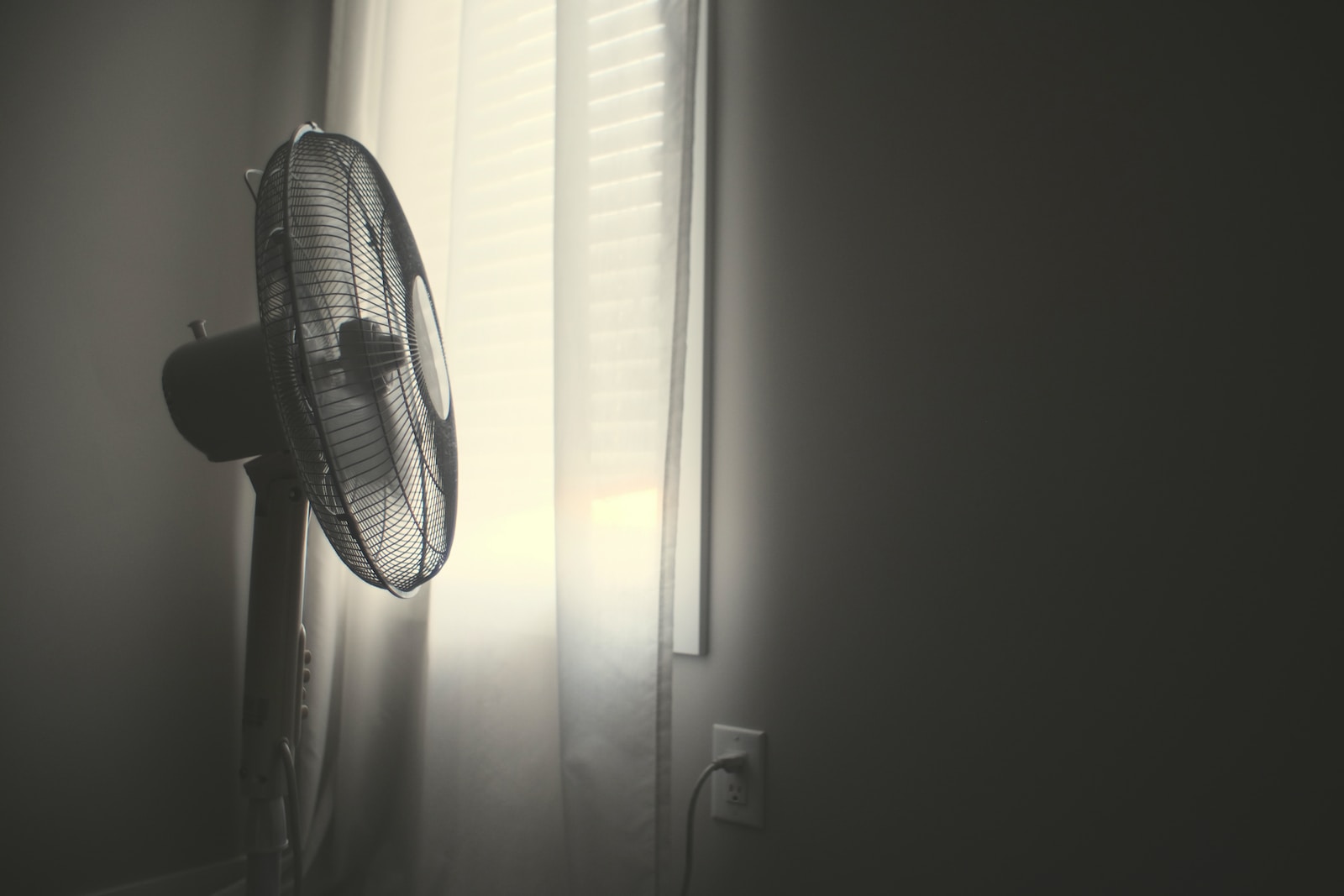If you suffer from hypertension, beware of the heat and re-evaluate antihypertensive therapy with your doctor!
During this time of year, the weather can be very hostile in some parts of the world. The extreme heat is especially dangerous for children, the elderly and those suffering from certain diseases such as chronic heart failure, respiratory failure and hypertension. For these individuals, standard suggestions on how to handle the heat may not be sufficient, and we recommend you see a doctor to consider an adjustment of your antihypertensive therapy. Hypertension is a delicate condition in the presence of excessive heat, as blood pressure tends to decrease in the summer. Therefore, although the heat decreases the level of diuresis, nephrologist Dr. Gherardo Buccianti reminds us that it may be necessary, if recommended by your doctor, to reduce the consumption of diuretic drugs if you are currently taking them and compensate by drinking more water. Those who instead suffer from low blood pressure might suffer from dizziness, and could consider using slightly more salt in their meals.
Blood pressure values vary according to many different factors, both throughout the day and over several days, months or seasons.
Blood pressure is normally higher in the morning and in the evening. Increases in temperature cause the dilation of surface blood vessels causing a decrease in blood pressure, which is why a change in antihypertensive treatment may be advisable during the summer.
Age is also a factor: with age, the elasticity of blood vessels decreases, especially in those who suffer from atherosclerosis (an increase in vascular resistance caused by the thickening of artery walls), causing blood pressure to increase.
A recent study focuses on the variations in blood pressure based on weather changes, taking into consideration older patients with high blood pressure. The American study looks at the relation between the worsening of cardiovascular conditions related to blood pressure and outside temperature. The study was carried out on 8,801 individuals of 65 years of age or older, putting forward the claim that blood pressure varied with the seasons and relative outside temperature, so that blood pressure dropped by 8mmHg with an increase in temperature.
These results were more prevalent in hypertensive patients over 80 years of age. During warmer periods, regular monitoring of blood pressure and of antihypertensive therapy could help reduce the consequences of variations in blood pressure for the elderly. Hypertensive patients, particularly if elderly, should see their doctor to determine an adjustment of antihypertensive therapy to ensure that blood pressure is stabilized at optimum levels.
Scientific articles below:


